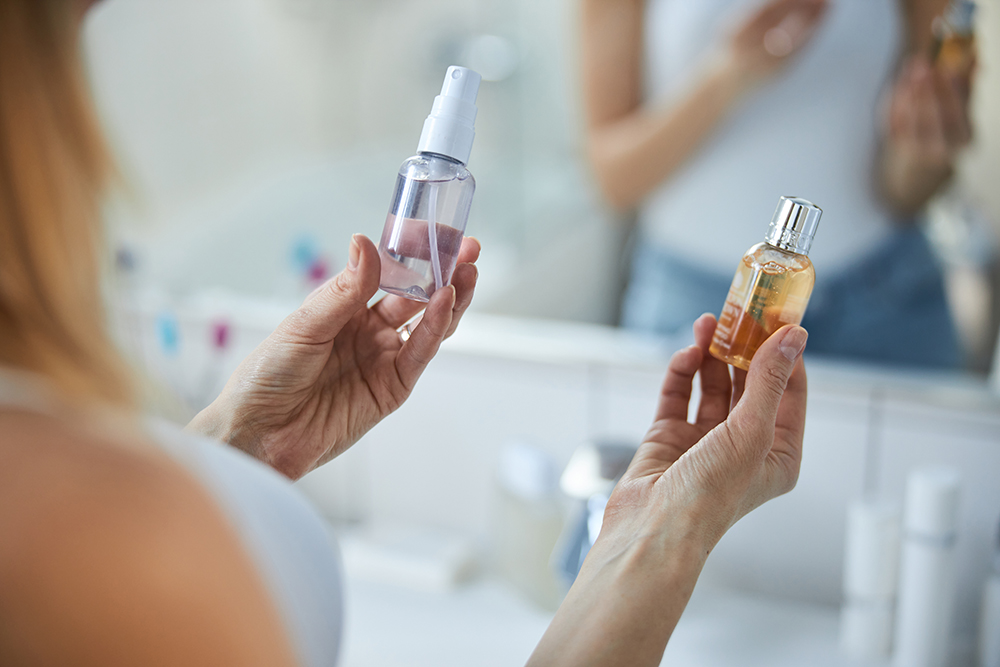Blog

Who Is Responsible for Ensuring Cosmetics are Safe? Not the FDA.
The Federal Drug Administration (“FDA”) has limited authority over the cosmetics industry. The law does not require cosmetic products or ingredients, other than color additives, be approved by the FDA. What little authority the FDA does have is governed by the Federal Food, Drug, and Cosmetic Act and the Fair Packaging and Labeling Act, which are within Titles 21 and 15 of the United States Code, respectively.
“Cosmetics” are defined as “articles intended to be rubbed, poured, sprinkled, or sprayed on, introduced into, or otherwise applied to the human body…for cleansing, beautifying, promoting attractiveness, or altering the appearance.” 21 U.S.C.A. § 321. The products that fit within this definition include perfumes, lipsticks, skin moisturizers, fingernail polishes, makeup, shampoos, deodorants and many more.
In general, a cosmetic manufacturer can use almost any ingredient without FDA approval provided that: (1) the ingredient is safe as customarily used; and (2) the product is labeled properly.
If the FDA is not responsible for ensuring the safety of cosmetic products, then who is? The answer to this critical question for consumers is the companies who manufacture and profit from the sale of cosmetics. According to the FDA’s own website, “[n]either the law nor FDA regulations require specific tests to demonstrate the safety of individual products or ingredients. The law also does not require cosmetic companies to share their safety information with FDA.” This means the billion-dollar cosmetic industry is self-regulated.
Voluntary self-regulation of cosmetics is an anomaly in the modern world and leads to a buyer beware marketplace. Because the FDA does not have the authority to ensure the products you use are safe, especially for long-term use, consumers should be cautious of what ingredients their personal care products contain.